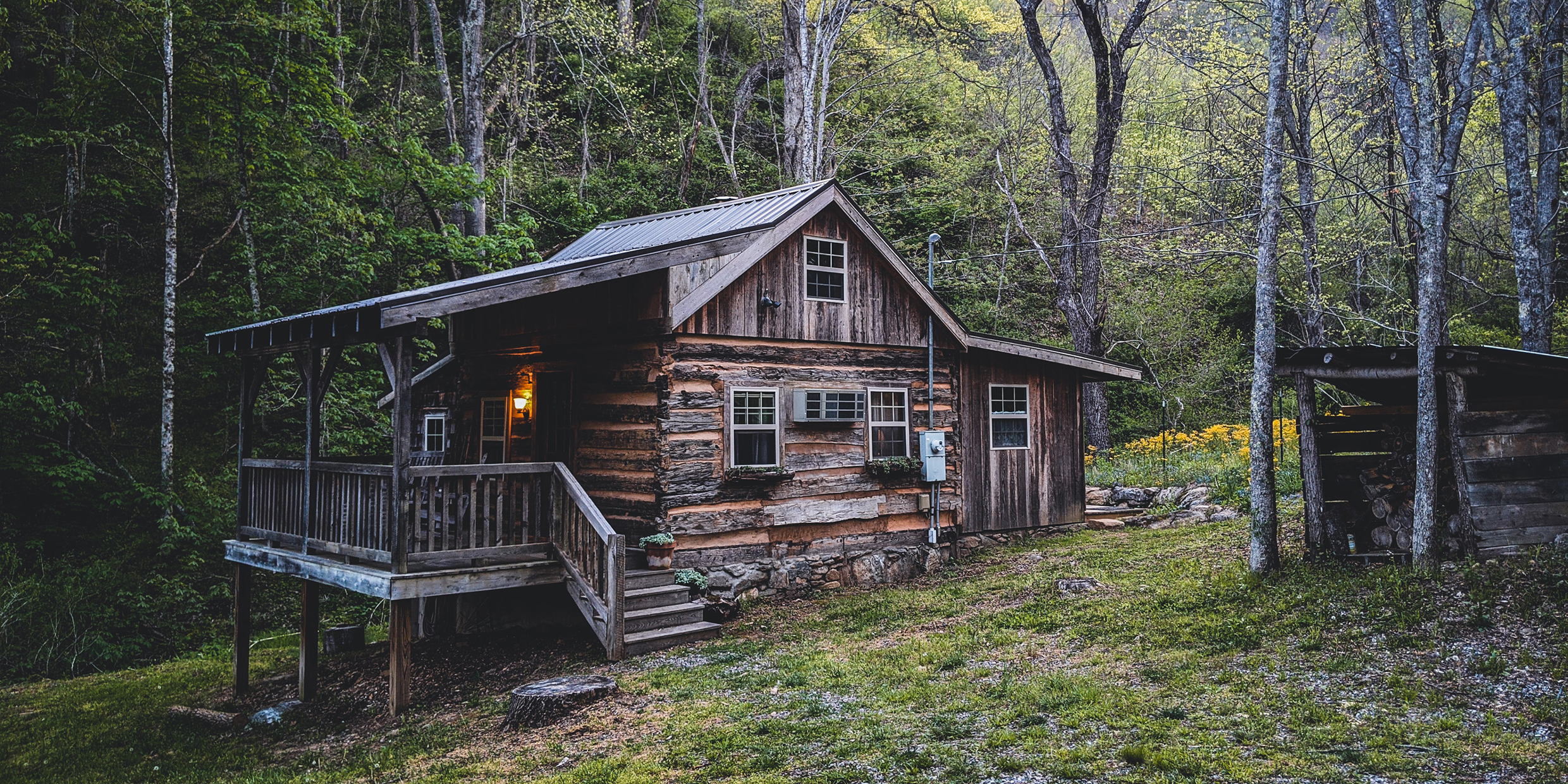Originally published 27 February 2001
“In wildness is the preservation of the world,” wrote Henry David Thoreau in one of his more self-indulgent moments, and environmentalists never tire of quoting him. Into the woods, they urge. Into the woods. That’s where we’ll find our salvation.
Not in science or technology. No, no. They are the enemy. It’s wildness that will save us from ourselves, restore us to our primeval wisdom, discipline our hubris, chasten our sins.
Of course, Thoreau lived in a landscape that was anything but wild. The Fitchburg Railroad ran along the banks of Walden Pond, for heaven’s sake. “Hope and the future for me are not in lawns and cultivated fields, not in towns and cities, but in the impervious and quaking swamps,” he wrote, but he was glad to get back to good old civilized Concord after a sojourn in the Maine woods.
Never mind. Betake us to the quaking swamps, say the Thoreauvian environmentalists, back to the impervious woods. Let us live like our hunter-gatherer ancestors, in harmony with the land and other creatures. Let us become dryads and naiads, gentle spirits of tree and brook, taking nothing, leaving only footprints — and not too many of those.
“We have built a greenhouse, a human creation, where once there bloomed a sweet and wild garden,” laments Bill McKibben in his influential The End of Nature. McKibben is a man of unimpeachable principle, and I wouldn’t want to live in a world without him, but his sweet wild garden never existed, and if it did, the only way back is for 6 billion or so human beings to commit mass suicide.
How refreshing, then, to have a book called Coming Out of the Woods, by an environmentalist who doesn’t look at the wild through rose-colored glasses. Wallace Kaufman sought his own little Walden, his own place in the woods. His experience there is a bracing antidote to those who believe that wilderness is an Eden that we messed up.
In the late 1960s, inspired by the first great flowering of green politics, Kaufman bought 360 acres of forested land in North Carolina with the idea of creating a whole community of little Waldens, including one for himself.
He built a road into the forest, doing his best to save the fine old trees, then wrote covenants for prospective purchasers that would keep the place wild — no chemical pesticides or serious tree-cutting, that sort of thing. Soon he was the “mayor of Hippie Town,” according to the folks in nearby Pittsboro and Chapel Hill.
On his own corner of the 360 acres, he built a house and settled in. Like Thoreau, he went into the woods “to live deliberately,” communing with nature, washing his spirit in the wild — and he stayed 15 times longer than Thoreau resided at Walden. Indeed, he’s still there.
It would be a shame to spoil the reading of this wise and funny book by retelling Kaufman’s adventures. Suffice it to say that Thoreau and Kaufman had a loving but troubled relationship in the North Carolina woods. Green politics met practical realities, and what came out of the clash was less quaking swamp than quaking principles.
Sweet and wild garden? Try copperheads in the crawl space, squirrels in the eaves, and deer in the bean patch. Kaufman tried his best to accommodate them all, but found that human interests and natural instincts don’t always mesh. And then came Hurricane Fran, roaring up his valley and knocking down all those grand old trees he had tried so hard to protect.
“Nature had been no kinder to this forest than God was to Job,” Kaufman muses, unromantically. “She would as soon make maggot meat out of a squishy little human being as offer him or her a fine view.”
And now, with a new administration in Washington, we can expect increased pressure on the few remaining “wild” places where the touch of the human hand is light — the Alaska National Wildlife Refuge, for example, or the not-so-quaking swamps of the Everglades. How can we best resist these pressures? Not by romanticizing wilderness, or by invoking the sentiments of hunter-gatherer societies, but by drawing upon our own most civilized instincts.
This is the lesson of Kaufman’s experience: “Nowhere is nature a Garden of Eden. Whenever consciousness dawned in the human brain, our ancestors found themselves in a wilderness. They set about conquering its dangers. They began to reshape it with Eden as their model. They knew, in those days before romantic illusions, that if nature was ever to be a friend to humankind, they would have to command it to be so.”
We did not come from Eden, Kaufman says, but we can go there. With wisdom, humility, optimism, and restraint, we can devise a world in which humans and the wild achieve some sort of accommodation — a beautiful dominion. Science and technology can — and must — be part of the equation. Thoreau had it backwards: In civilization is the preservation of the wild.



